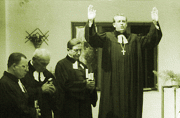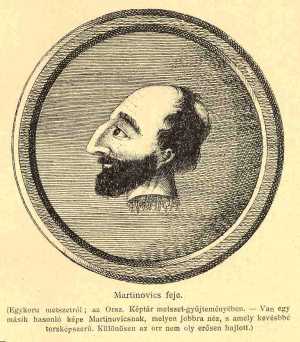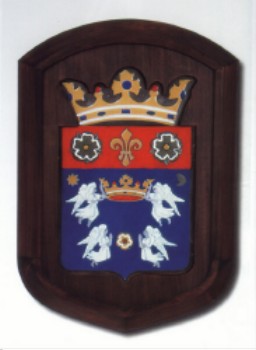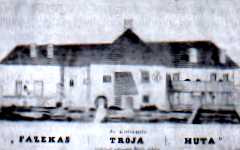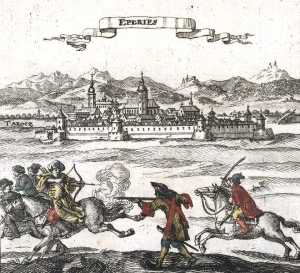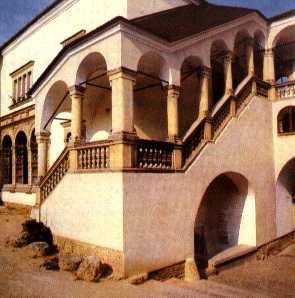|
Ferenc Kazinczy
|
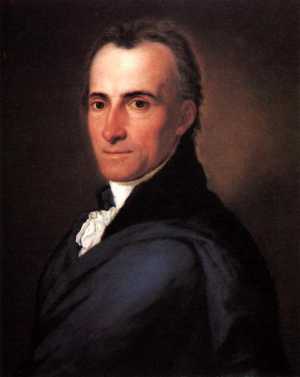
Ferenc Kazinczy
|
Érsemjén, 27. October 1759 - Széphalom, 2. August 1831
Calvinist leader of the Hungarian language reform.
He studied in Debrecen, Késmárk, Eperjes, Sárospatak. Studied also theology. In 1779 assistant of law. His jurist environment accepted his interest for literature and arts, therefore he was appointed to supervisor of the "national schools" in 1786. A Protestant could not get a public office in these times, so in 1791 he was dismissed. He became a member of the masonic lodge which wanted to prepare the revolution. Becouse of his participation in the Martinovics-conspiracy, at first he was condemned to death, but this was changed for detention in a fortress, being a sign of mercy. He suffered in Spielberg, Kufstein, Munkács, had spent more than six years in prison, between 1794-1801. When he was 42, he was released grey-haired. He married, and as the family estate was distributed after the death of his mother, his new home became a modest estate in the neighbourhood of Sárospatak, near to the village Bányácska. In the course of his literary activity, he named the village Széphalom, later also officially accepted. His home in Széphalom became from 1804 also a literary centre. He was also superintendent of the Sátoraljaújhely Calvinist Church, 1814-1818. In 1820 he became archivist of the county Zemplén. In 1830 he was elected for ordinary member of the Hungarian Academy of Sciences. His literary and church activity is of great importance.
|



